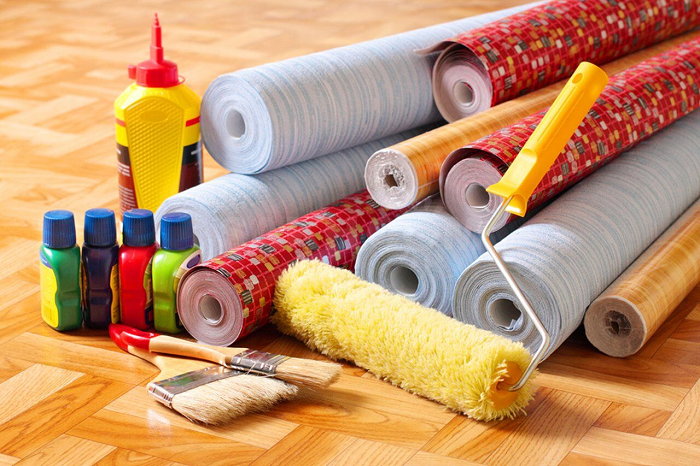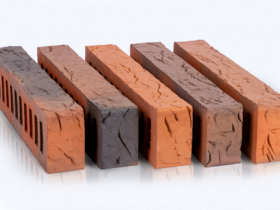The success of any construction begins with the competent selection of materials. It mainly depends on the design of the house and the cost. In order not to make a mistake and not lose money, you need to know the following.
Construction technology
Determines what material the building will be constructed from based on the owner’s preferences. For example, a frame house is built quickly, but it is less durable than a brick one. The latter (like most block ones) requires a reinforced foundation. However, such a home is more durable and stronger. Some building products require finishing. It should also be taken into account that not all of them can withstand the weight of several floors.
Quality
The main thing here is to maintain a well-known ratio: to purchase high-quality material at an affordable price. To do this, you should be careful when purchasing.
For example, wood may have physical defects (many knots, rot, discoloration), traces of bark beetle damage and high humidity (determined by a hygrometer).
If it is traditional brick, then a louder sound from the collision of two stones will indicate the correct structure. Deaf indicates that the product is undercooked and its strength is not up to par. A more intense brown color or large chips indicate poor adhesion, that is, increased fragility. A high-quality material should have the most homogeneous structure, excluding so-called “dutik” (calcareous inclusions that absorb water). You should also pay attention to the geometry of the products.
Durability and strength
These are one of the most important criteria for choosing materials for your home. Construction products such as ceramic blocks, bricks, wood concrete and others best meet these indicators. A home made from them can last up to 100 years or even more. However, the construction of the building in this case is more labor-intensive and costs more. In this case, the walls will require the construction of a reinforced foundation.
Climatic conditions
They influence the choice of materials with certain properties of thermal insulation, frost resistance, hygroscopicity, vaporization and other similar properties. In places with harsh winters, you will have to install an additional layer of insulation if the house is built, for example, from brick. And where there is high humidity, you should not use porous substances, or you will have to do good waterproofing.









